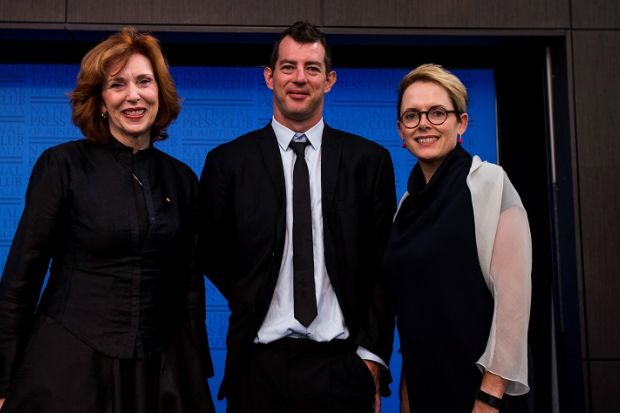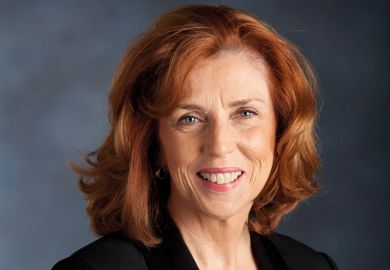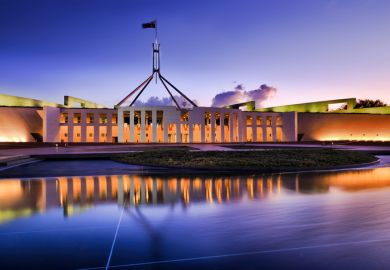Three years ago, a then 34-year-old steelworker from a struggling South Australian gulf town decided to start using his brain instead of his brawn.
“The job was the same every day,” Chris Mills told Times Higher Education. “One day I thought, do I want to do this every day of my life? It wasn’t doing my health any good. I decided to take a chance and go to uni.”
Mr Mills completed a foundation course to cultivate his study skills, then started a social work degree at the University of South Australia. Now he has become the reluctant poster boy of a push to reinstate the country’s uncapped higher education funding system.
“We’ve seen so many more students coming into our uni because of these foundation programmes,” he said. “These cuts are going to change that. It’s going to affect these people’s opportunity to get through.”
In December, the Australian government effectively suspended the demand-driven higher education system by freezing funds for teaching at last year’s levels.
Universities protested that the change would disproportionately affect disadvantaged people living outside the main cities – a demographic that includes many of the inhabitants of Mr Mills’ home town of Whyalla.
A 238-mile (383-kilometre) drive from the state capital Adelaide, on the far side of a desolate inlet called Spencer Gulf, Whyalla recently survived a near-death experience when key employer Arrium steelworks – which had been earmarked for closure – was unexpectedly bought by British billionaire Sanjeev Gupta.
Margaret Gardner, chair of Universities Australia, took up Whyalla’s cause during an address staged as part of the organisation’s annual conference. “The university funding freeze is really a cap on opportunity for all Australians,” Professor Gardner told the National Press Club in Canberra.
“This year and in the years to come, people who wished for and would benefit from a university education will miss out. We cannot accept the freeze on university funding inflicted last December.”
Professor Gardner, vice-chancellor of Monash University, said that enrolments from the poorest 20 per cent of Australian households had increased by 55 per cent since the 2009 decision to uncap university places. She said that participation had risen by 48 per cent among regional populations, 89 per cent among indigenous Australians and 106 per cent among people with disabilities.
She cited new research findings that 78 per cent of Australians believe university qualifications will maintain or increase their job relevance in the future. She also cited UA-commissioned research suggesting that university-business partnerships generate a 450 per cent return on investment.
The modelling, by Cadence Economics, found that so-called “clever collaborations” earned A$10.6 billion (£6 billion) for the 16,000 Australian businesses in formal partnerships with universities. This in turn generated A$19.4 billion in income for Australia – a figure that would grow by A$10 billion if another 8,000 businesses were to follow suit.
Professor Gardner brushed off scepticism over whether such figures would convince the government to backflip on its cuts. “We need to make sure we don’t undermine the things that will enhance us,” she said.
“If I make a decision that cuts across the thing I think is most important, I change the decision. That’s what we should expect from our policymakers.”
Simon Birmingham, the education minister, gave no signs of being swayed by such arguments. “It would be nice if money was limitless,” he told the conference.
“Ten years after the global financial crisis, Australia’s budget remains in deficit. Too many in the university sector seem to have underestimated the resolve of the government to live within our means. That was a mistake.”
However, conference delegates are anticipating a different message when the Labor opposition addresses the conference on Thursday morning. Education spokeswoman Tanya Plibersek is expected to pledge support for the uncapped higher education system and opposition to the December funding cuts.
Register to continue
Why register?
- Registration is free and only takes a moment
- Once registered, you can read 3 articles a month
- Sign up for our newsletter
Subscribe
Or subscribe for unlimited access to:
- Unlimited access to news, views, insights & reviews
- Digital editions
- Digital access to THE’s university and college rankings analysis
Already registered or a current subscriber?








